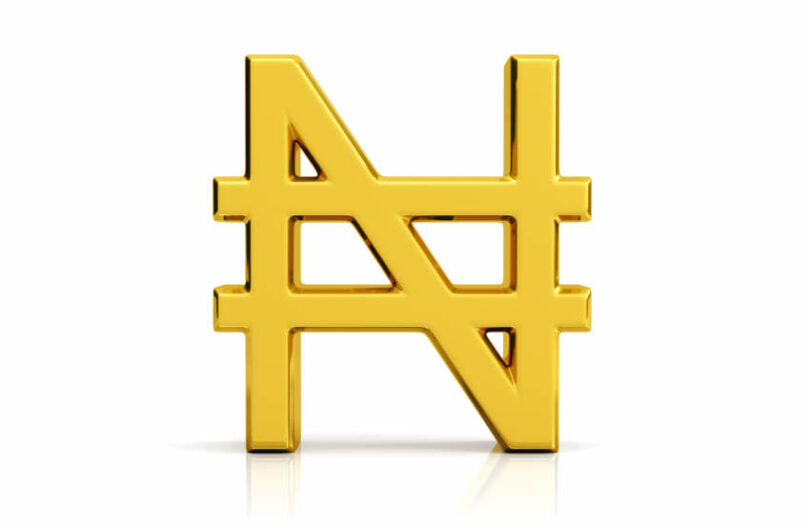In March, the Central Bank of Nigeria unveiled plans to assist local farmers with loans for farm tools using the eNaira digital wallet. Additionally, other government aid programs have recently been driving the adoption of the central bank digital currency (CBDC), but these might require users to provide more identity information in the future. Most Nigerians have adopted the most basic eWallet plans, which limit daily transactions and the amount of currency that can be held.
Agro eNaira
The “Agro eNaira Wallet Engagement” project aims to provide Nigerian farmers with a “transparent, accountable, and efficient” platform to access government aid and lending programs. According to officials, the initiative could reach up to five million farmers by 2024 and complement existing agricultural support schemes.
These funds will allow small farmers to obtain loans to purchase tools and equipment using the eNaira digital wallet and will likely be disbursed via local agro-dealers. This isn’t the first time a CBDC has been used for agricultural loans. Brazil is also running a similar trial.
Government aid drives CBDC activity
Nigeria’s CBDC has recently seen a surge in activity. In March, eNaira transactions jumped 63% year-on-year, while the number of digital wallets reached 13 million. Cash shortages may have boosted the adoption lately, but government aid programs are driving a new wave.
According to Central Bank Governor Godwin Emiefele, some four million wallets have been created in anticipation of social intervention payments, around 30% of the total. The question is whether future conditional cash transfer programs will continue encouraging adoption.
Nigeria’s tiered CBDC system
However, 97% of existing eNaira wallets are what the Central Bank calls ‘Tier 0’ level. Nigeria has adopted a tiered KYC structure that requires increased identity information to upgrade daily transaction and balance limits. A Tier 0 account only requires a mobile phone number but caps daily transactions at N20,000 ($43). In contrast, a Tier 1 account calls for a national identity number but expands that to N50,000 ($109). Tiers 2 and 3 require a bank account number, but fewer than 400,000 users have subscribed at that level.
Nigeria has a fairly young population with relatively high levels of financial inclusion, so one might expect an eNaira to be appealing. But to ensure its sustained and increased use in the future, the government might need to push users into higher tiers, as current limits on Tier 0 accounts could prevent Nigerians from taking full advantage of the digital wallets.






